
RIGHTS
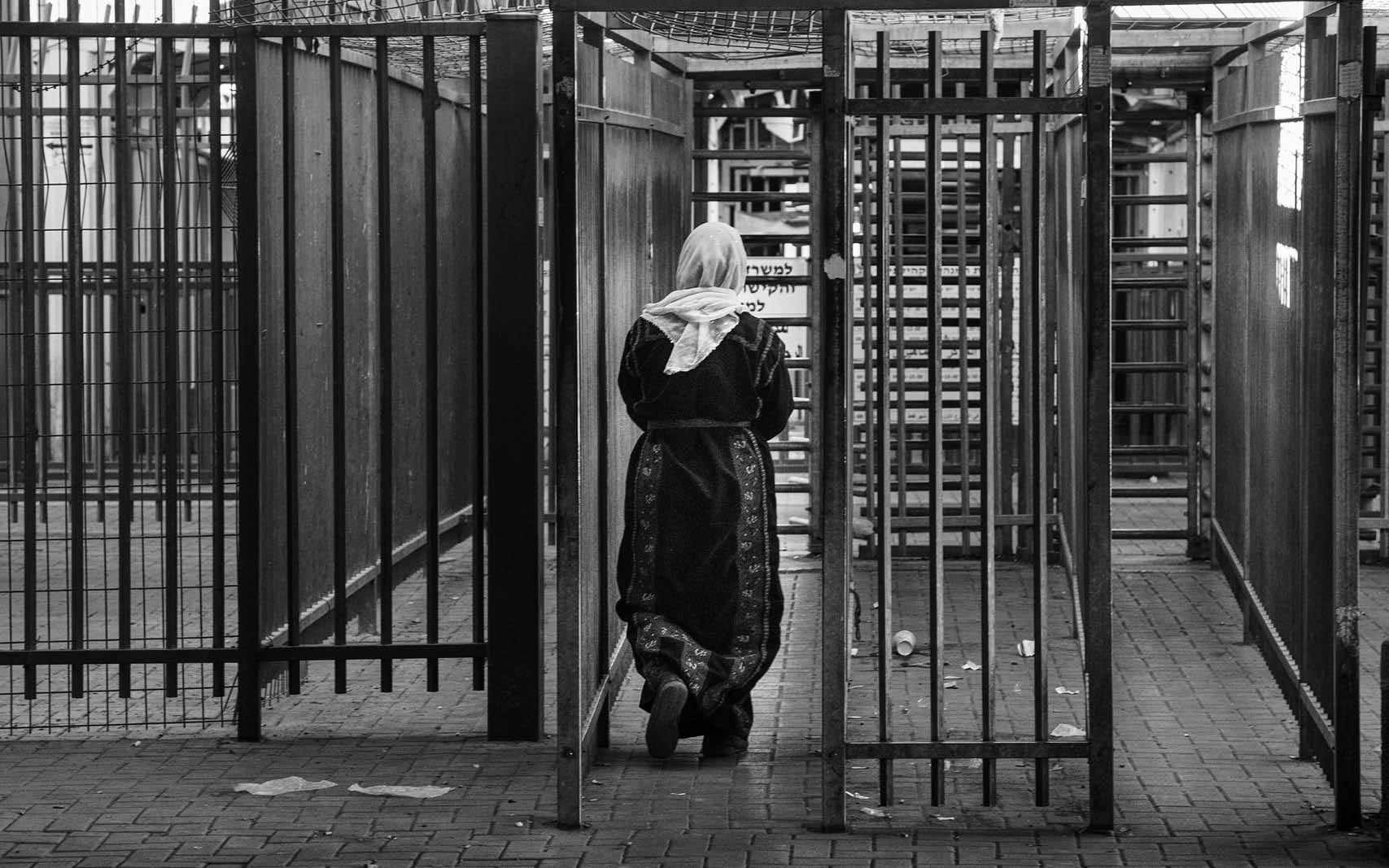
Freedom of Movement
Restrictions on movement have been a reality for Palestinians since the creation of Israel in 1948. Justified by Israel as a security measure, particularly over the last few decades, the system of movement controls has become increasingly restrictive. This chapter looks at the freedom of movement in international law, the history of Israeli policy toward Palestinians’ freedom of movement, and the various ways its erosion has developed.
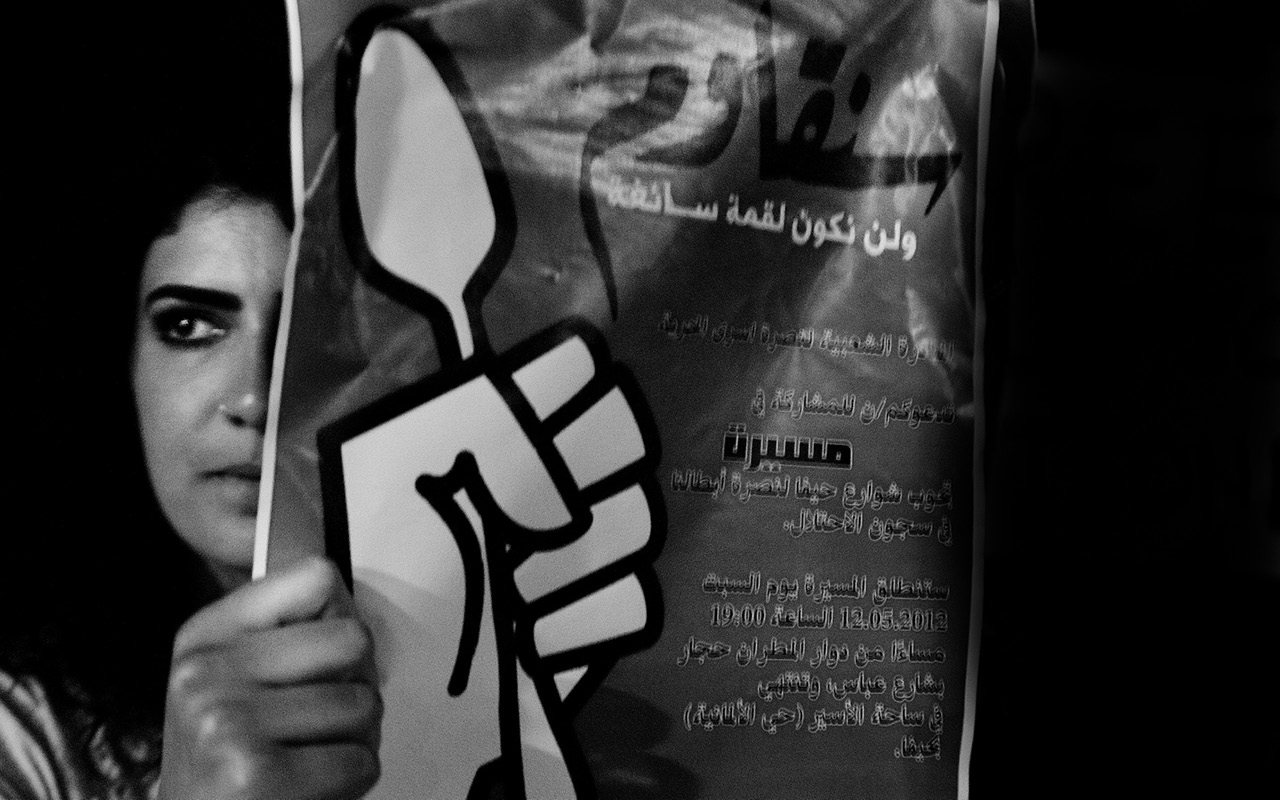
Freedom of Speech
Freedom of speech is necessary for progress and prosperity, and is an essential component of political life. The ability to speak about and demonstrate one’s views freely is a crucial aspect of democratic societies, and various international human rights documents exist that enshrine freedom of speech as a fundamental human right to be protected by states. Although Palestinians have the right to freedom of speech and expression, this right is often violated by the Israeli government, as well as Palestinian political parties, through silencing and suppressing free speech and stifling political and social activity more broadly. Further, freedom of speech is also severely affected by other rights violations which Palestinians systematically face, at the hands of the Israeli state, the Palestinian Authority and Hamas.
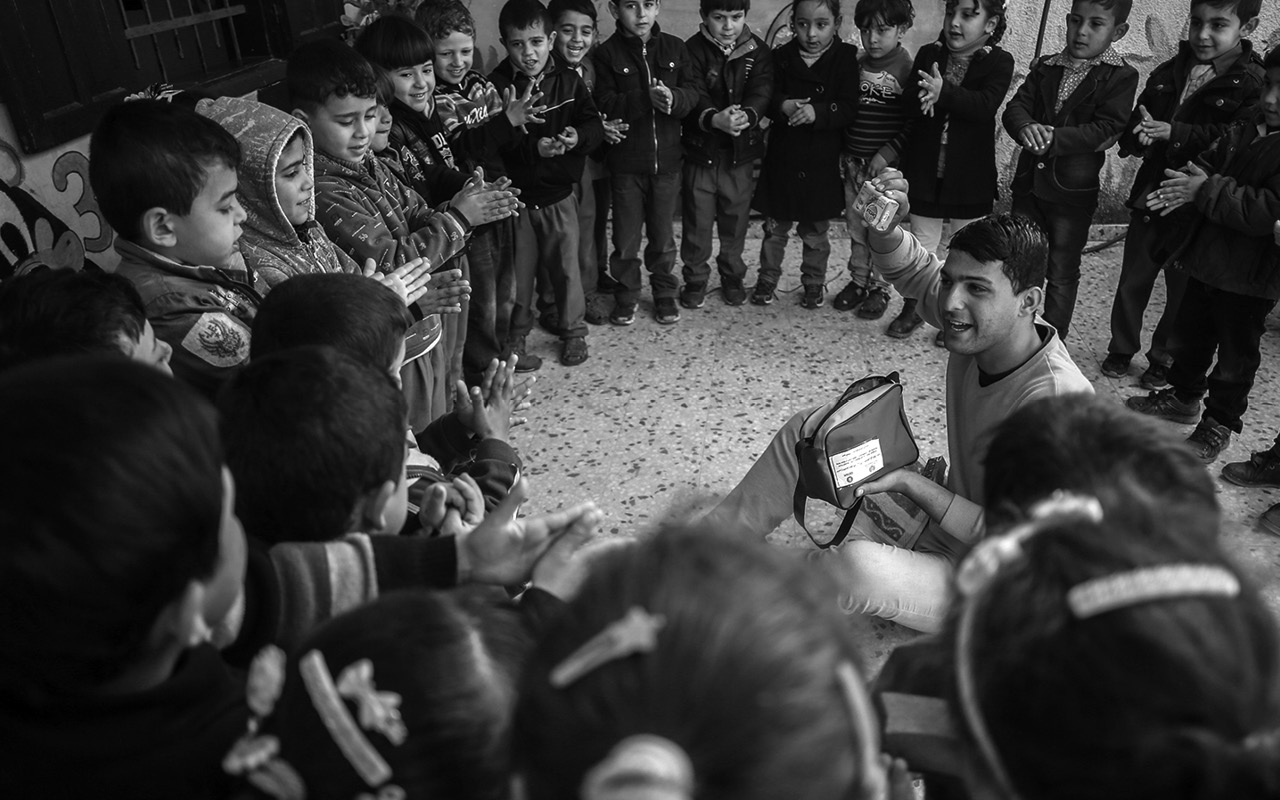
Right to Education
Education is a fundamental aspect of human and economic development and, as such, it is a human right that is listed in various international human rights documents. However, Palestinians living under Israeli occupation and Palestinian citizens of Israel experience regular violations of this right. Palestinian schools both within Israel and within the occupied territories fare much worse than Jewish-Israeli schools as they are often underfunded, overcrowded, and lack sufficient resources. Palestinian schools in both the occupied Palestinian territories and in Israel are ultimately dependent on Israel to fulfill the right to education but do not receive the attention and aid they need.

Right to Family
Thousands of Palestinian families are unable to be with one another as a result of obstacles placed upon them by the Israeli state. This deliberate fragmentation of the Palestinian population is supported by a set of Israeli laws that discriminate against the non-Jewish populations of Israel and the occupied Palestinian territories. This chapter looks at the ways in which Palestinian families are separated from one another depending on where they live, focusing particularly on the impact of Israel’s 2003 Citizenship and Entry law that has affected hundreds of thousands of Palestinians.
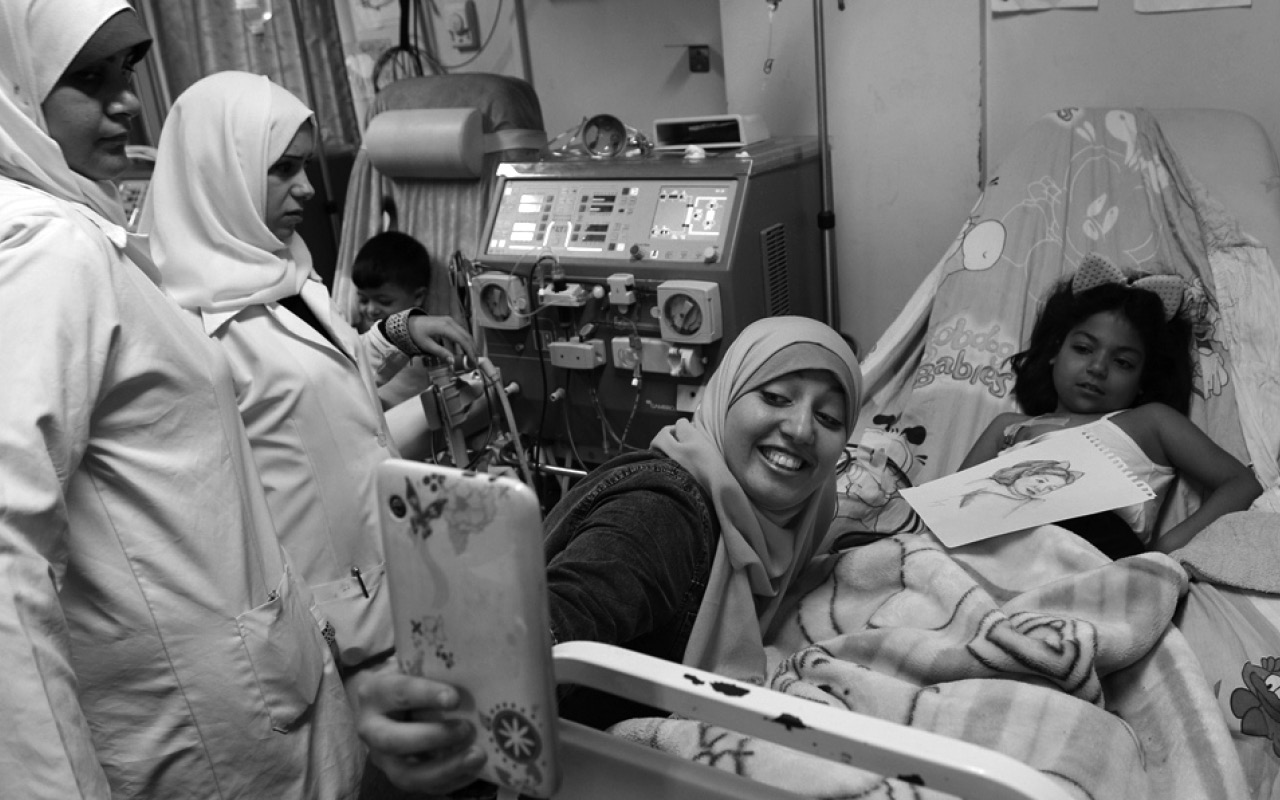
Right to Health
Achieving the right to health is necessary for living a full life. In keeping with Israel’s domination over Palestinian life, the right of Palestinians to healthcare is ultimately dependent on Israel as the occupying power: it relies on Israel for access to medical resources and is exposed to the discretion of Israeli policies that often negatively impact Palestinian healthcare. The ongoing violence against Palestinians by Israel’s occupation further violates the right to health, particularly when it involves hospital raids and attacks on healthcare centers. The lack of freedom of movement for Palestinians in the occupied Palestinian territories also contributes to the violation of the right to health by barring patients from receiving necessary medical attention, stalling ambulances at checkpoints, and limiting vital medical education. The domination and lived trauma associated with Israeli occupation also takes a toll on mental health for many Palestinians, which creates another barrier to living a healthy life.
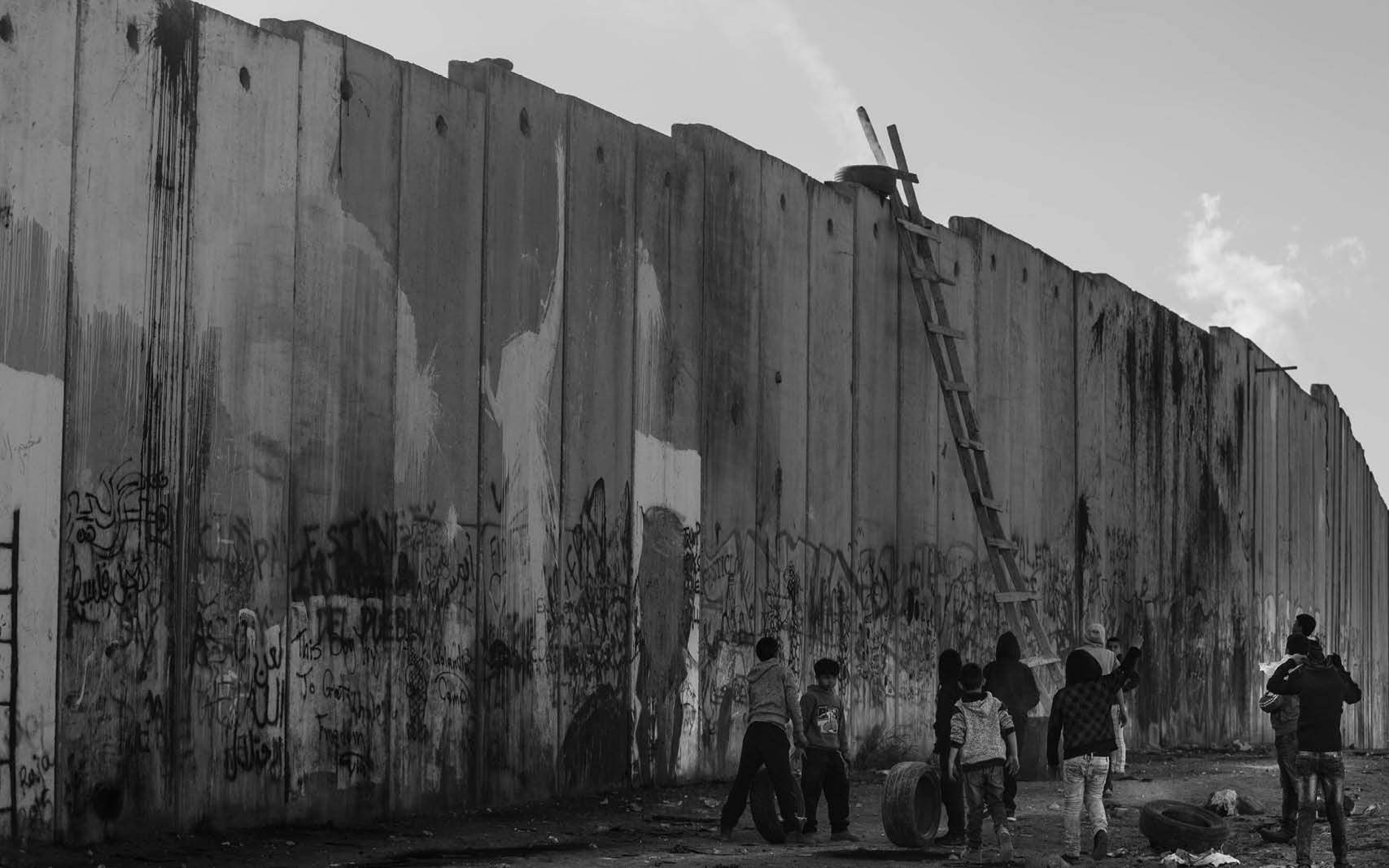
Right to Physical Security
Palestinians face hazardous and unpredictable circumstances affecting the security of their own persons, as a result of both the random and institutionalised violence that has been at the core of Israeli policy for decades. At any given time, Palestinians have no effective legal guarantees that their physical security will be respected by Israeli authorities. This chapter shows how these conditions have been established and maintained, focusing on the practice of indefinite imprisonment (also known as administrative detention) and the use of torture.
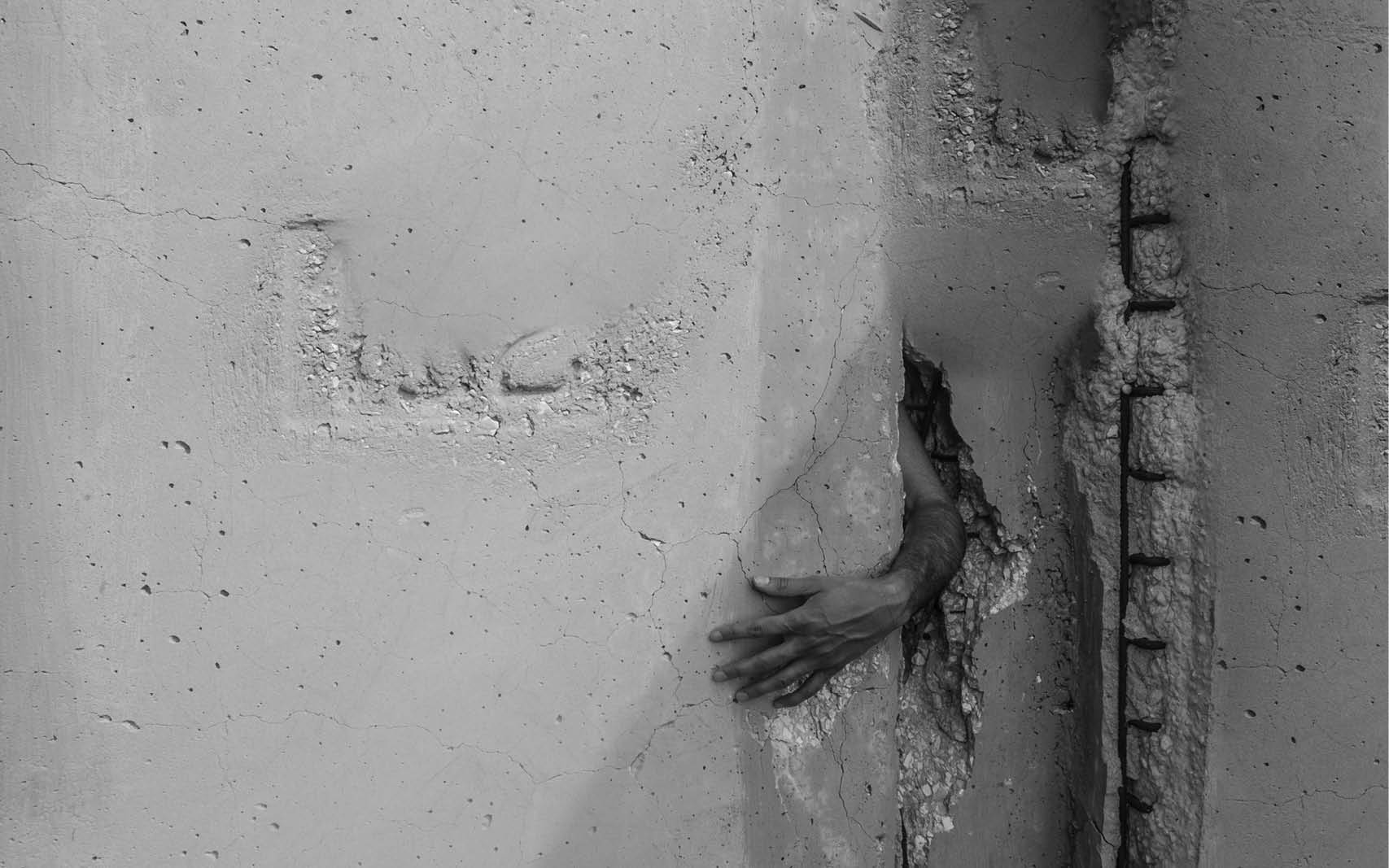
Right to Property
Dispossessing Palestinians of their property has been a key policy of the Israeli state since 1948, when a set of laws that aim to discriminate against the non-Jewish population was introduced. These laws enable and ensure the continuation of Palestinian dispossession of their homes and properties.
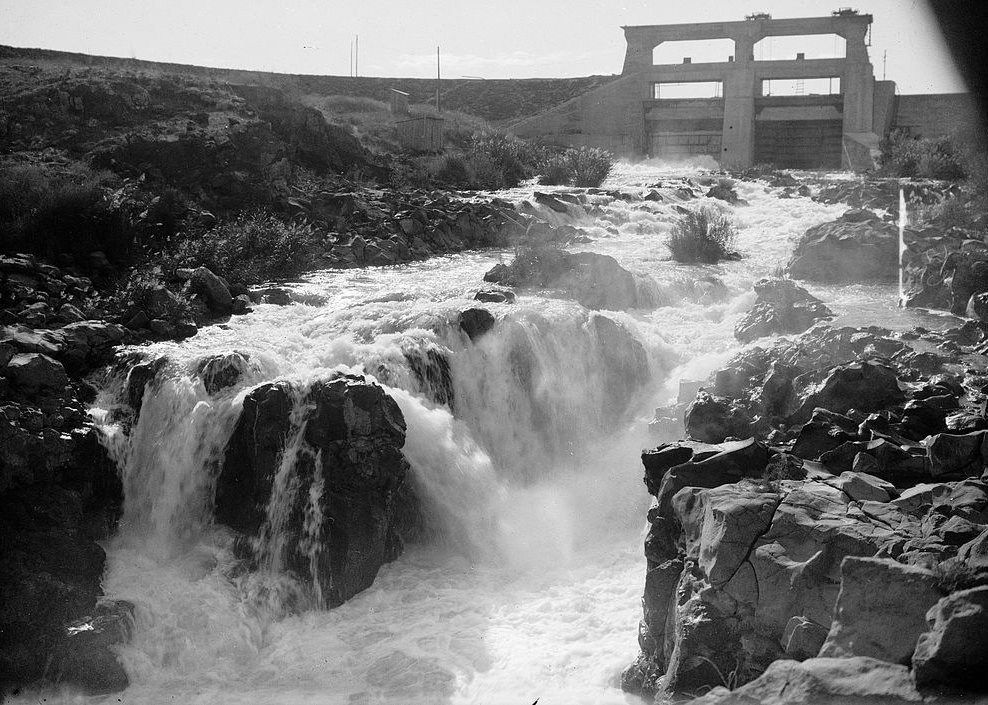
Right to Water
One of the key features of Israeli rule over Palestinians in the occupied territories since 1967 has been total control over resources, including water. The right to water is an internationally recognised human right. The lack of access for Palestinians to sufficient and clean water should be seen as a deliberate result of long-standing Israeli policy that has distributed resources completely asymmetrically between Palestinians and Israelis.
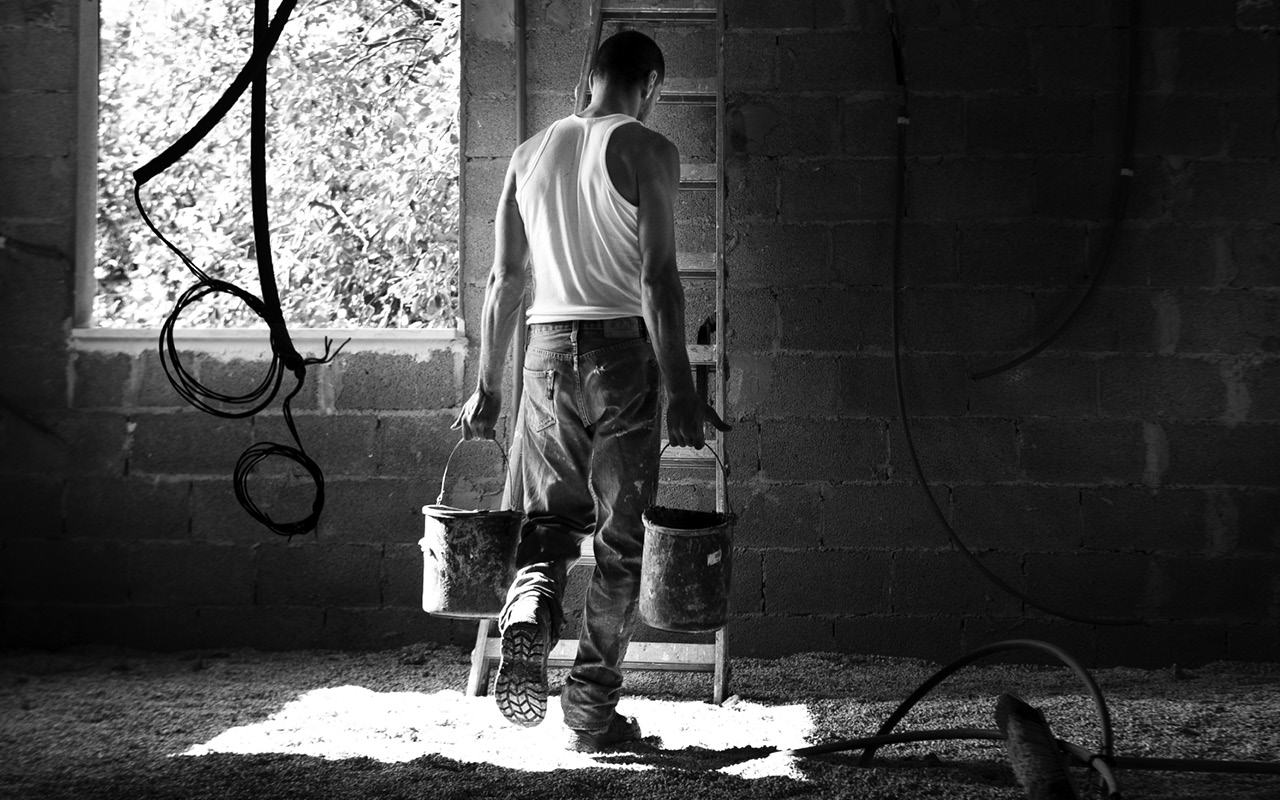
Right to Work
Palestinians living in the occupied Palestinian territories and as citizens of Israel face regular violations of their right to work. Systematic discrimination against Palestinian employees in Israel and harsh conditions faced by Palestinians in the occupied Palestinian territories – including exploitative work conditions in settlements, the deliberate stagnation of the Palestinian economy, and the lack of freedom of movement – have created a situation in which the right to work is not fulfilled for the Palestinian people. Since Israel is both the occupying power of Palestinians living in the West Bank, East Jerusalem and Gaza and the state responsible for Palestinian citizens of Israel, it is Israel’s duty to safeguard this right for Palestinians living in both contexts. The systematic economic disenfranchisement that leads to the violation of the right to work serves as an example of the many adverse effects of Israeli domination over Palestinians.
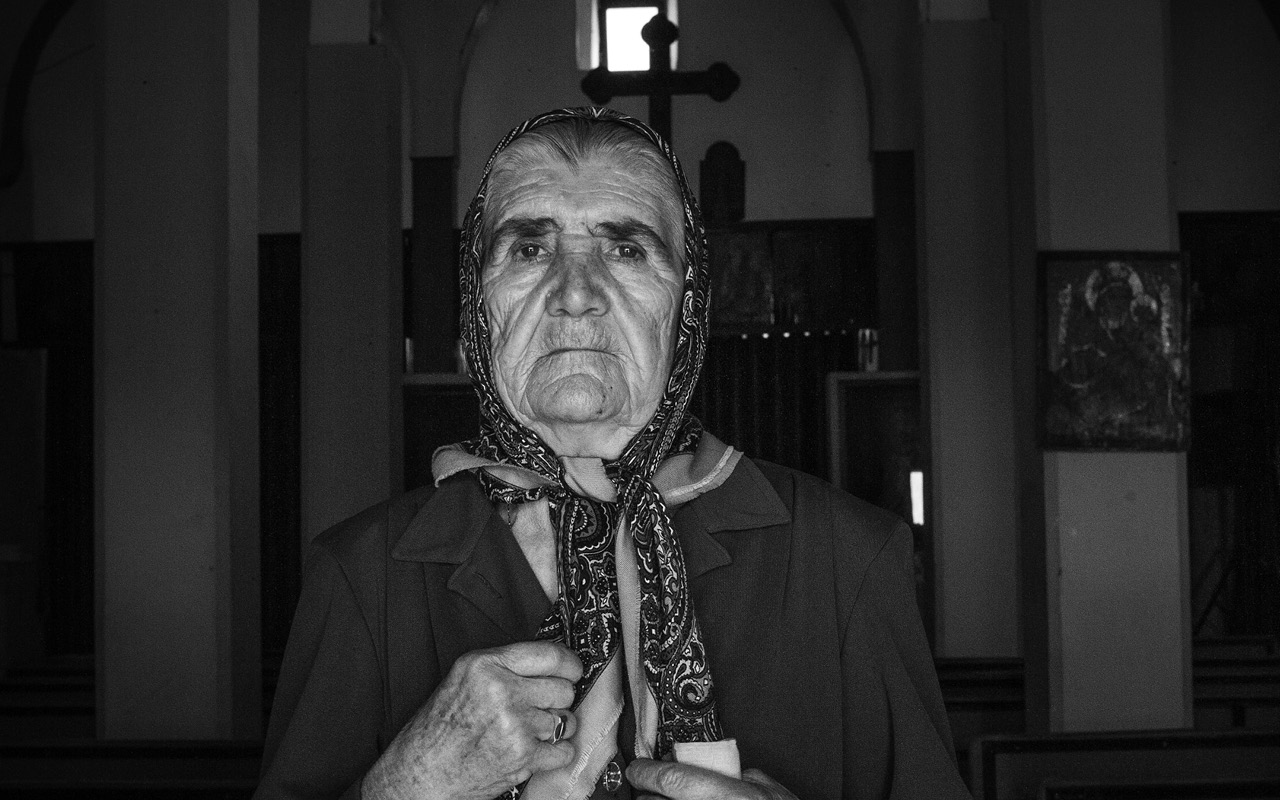
Right to Worship
As the occupying power, Israel has the responsibility to preserve the rights and freedoms of Palestinians, which includes the right to worship. However, Israel’s permit system, the severely restricted access to religious sites, the ban on religious intermarriage, and the systematic neglect and under-resourcing of non-Jewish holy sites demonstrate just a few ways in which the realisation of this right is impeded by Israeli policy. The right to worship is both curtailed as a consequence of the obstruction of other essential rights, such as freedom of movement, while also representing a key manifestation of the Israeli state’s project of Judaisation, whereby non-Jewish histories and cultures are effaced.